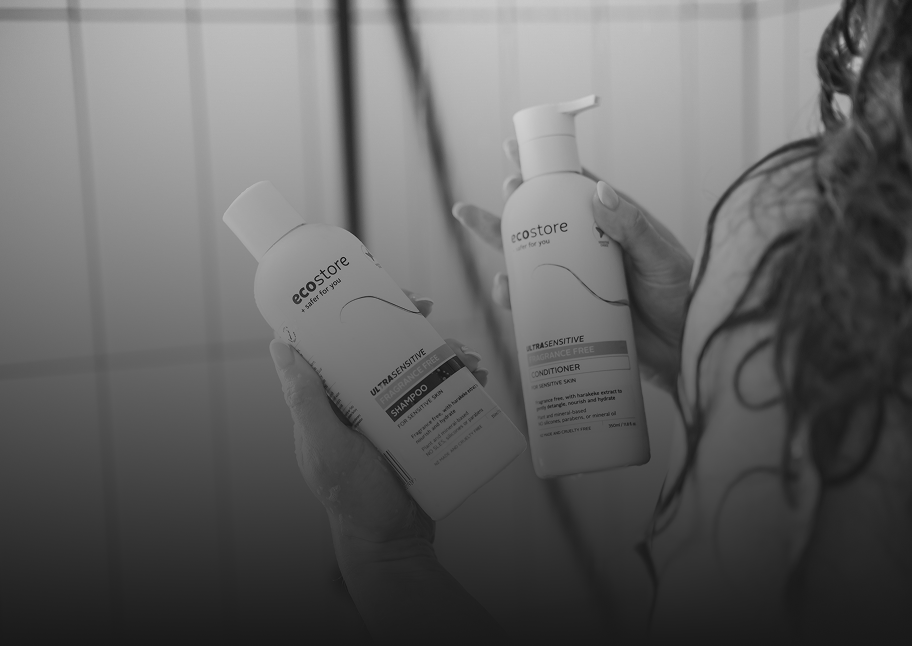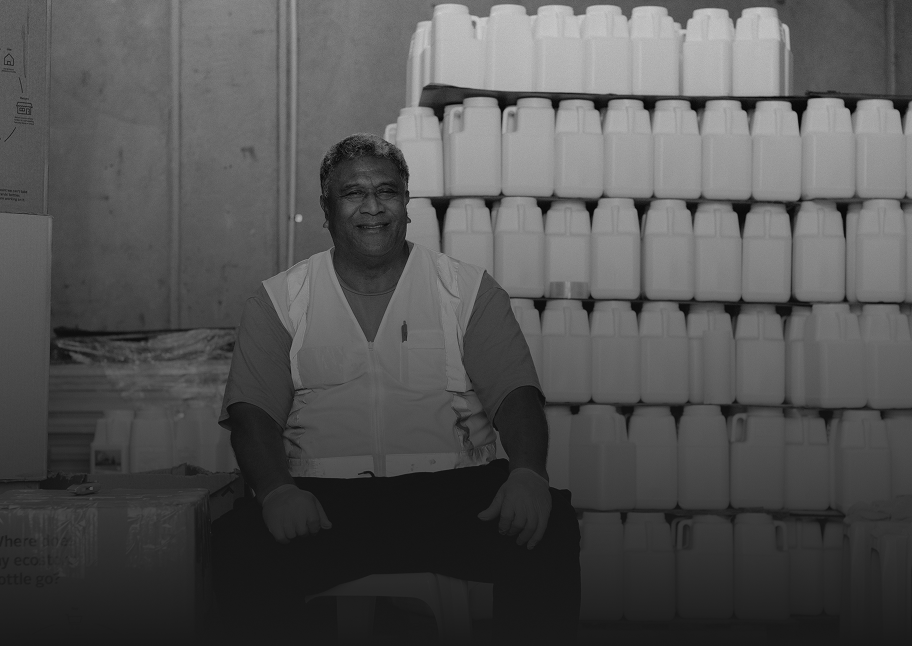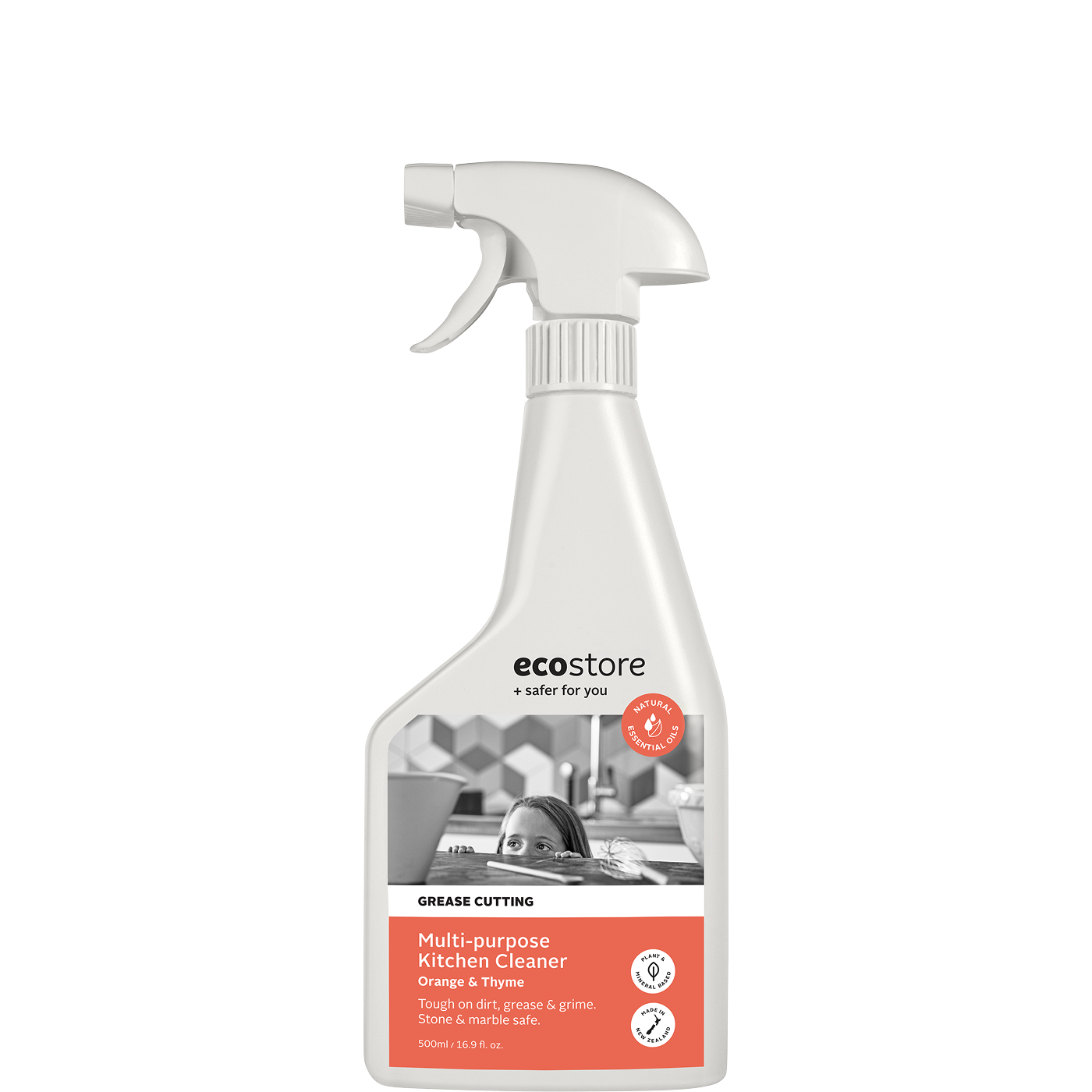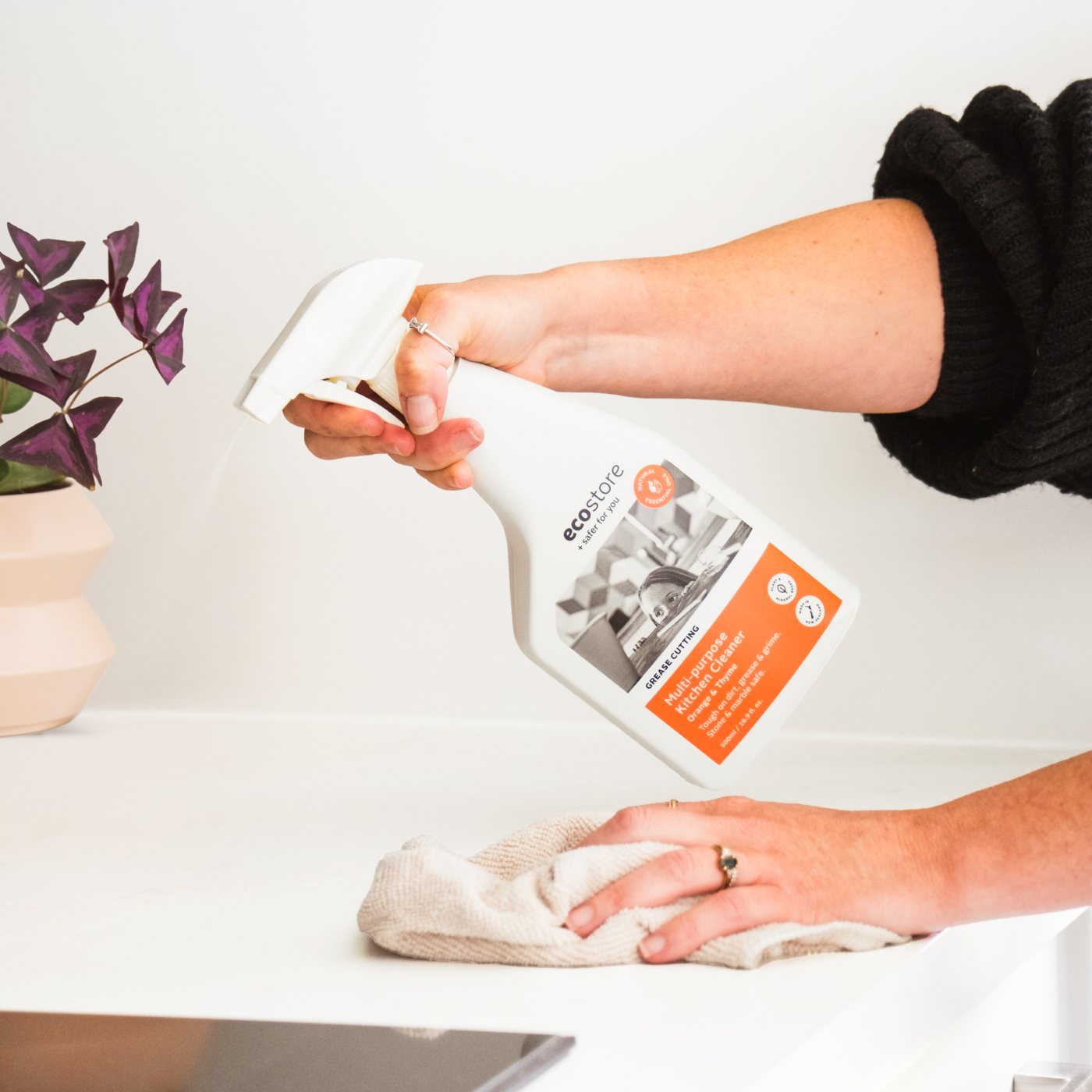During winter we are less likely to spend time outside or keep windows open, so it's important to ensure our homes are kept warm, dry, and free of dust and mould. Many of us start feeling the need to clean once spring rolls around, but with cooler weather and rainy days setting in, winter is actually an ideal chance to start.
We've put together our top ten tips to help simplify your cleaning routine this winter. And if you have any suggestions to add, we'd love it if you'd leave a comment.
1. Remove mould
During winter, it's easier for mould and mildew to develop in damp areas. If mould is attacking your shower curtain liner, put it in the wash with a few towels, which will help to scrub it clean, then hang it back up to dry.
2. Keep your old toothbrushes
They're handy for scrubbing hard to clean areas like plug holes and shower corners.
3. Clean in circles
Start cleaning on the right side of the stove, which is generally the dirtiest part of the kitchen, then circle your way around. This will lessen the frequency of rinsing your cleaning cloths, and stop you from spreading dirt and grease.
4. Work from top to bottom
Start with the highest point first. That way any dust that falls to surfaces below will be swept up as you go.
5. Clean toys in a laundry bag
Children's toys often accumulate dust and may get dirty if they're taken outside. Put Lego pieces and any other small items into a laundry bag, then pop them in the dishwasher for a thorough clean. This also works well for container lids and baby bottle caps to stop them falling through the dishwasher rack.
6. Use a pillowcase as a ceiling fan duster
Slide an old pillowcase over the blade of your ceiling fan, then slowly pull it back off, keeping all of the dust and dirt contained.
7. Use microfibre cloths instead of paper towels
Microfibre cloths are highly absorbent and great for collecting dust, dirt and bacteria from floors, counters, glass and tiles, without disintegrating like paper towels do. Plus they're inexpensive, re-usable and machine washable. Cutting down paper towel use is also great for reducing waste. It's also possible paper towels may be chlorine bleached during production, so may release harmful chemicals into water or air.
8. Remove pet hair with a rubber glove
Put on a damp, rubber dishwashing glove and run your hand over hair covered upholstery - the hair will cling to the glove, not the sofa. Make sure to use the drain catcher when rinsing hair off the glove and into the sink.
9. Choose safer cleaning products
Choose plant and mineral based cleaners that list all the ingredients on the pack to check for potentially harmful chemicals you might be introducing to your home. If you have delicate skin or are prone to allergies, you can choose products that are fragrance free, as even essential oils can irritate sensitive skin.
10. Use the power of plants for clean indoor air
House plants are ideal if you want to spend less time dusting - they release oxygen into indoor air and help filter air pollutants. And to clean the dust caught on the leaves, just wipe them with a damp cloth.9
Read more

Composting is so essential to the health of our planet. There are two big reasons we should compost our food scraps: Almost half of our household waste is food waste. This food waste is sent to ...

We recently caught up with Tony, our general manager of operations and procurement at our manufacturing facility Eco Tech. He shared with us how supporting his local community has been a key part o...






